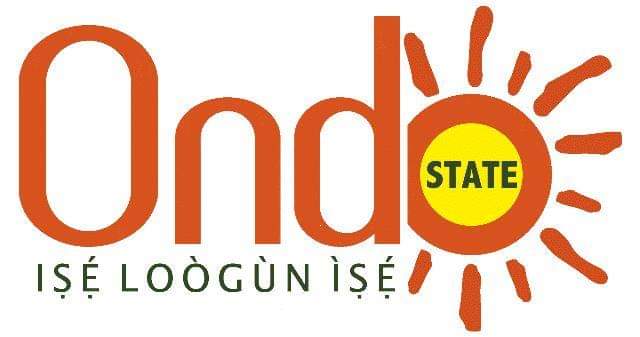Subsidy removal palliatives: Akoko group accuses Women Affairs Commissioner
A group, citizens of Akoko North West Local Government area of Ondo State has raised the urgent need to probe some political office holders following the way and manners through which they distributed the palliatives from the Federal Government allocated to the vulnerable people in the local government.
It would be recalled, that the Federal Government had released the palliatives to cushion the effects of the fuel subsidy removal in the state and across the country.
The aggrieved group, however, listed a political office holder to be probed for her conducts in the distribution exercise.
Recalled that the Commissioner for Women Affairs and Social Development who hails from the local government was the head of the local government committee that distributed the palliative in the local government.
However, the group convener Engr. Kolawole Ademarati OS has alleged the Commissioner for her misconduct and mishandling of the palliative meant for the vulnerable people in the local government.
The group alleged, that the palliative was used by the commissioner for her political will which is totally against the motive of the Federal government.
“”The palliatives were meant to ameliorate the sufferings of the vulnerable people due to the petrol subsidy removal by the Federal government, but our own portion was used by the Commissioner for Women Affairs for her personal political gains.
The group added that the palliatives were to be distributed to the vulnerable people irrespective of their political affiliations, but that reverse was the case, as the commissioner for Women Affairs allegedly put up a team for her selfish interest.
The group therefore, called on the Commissioner for Women Affairs to give a public account of the distribution of the palliative materials.
“The commissioner is the only government official that carried out the distribution all alone, neglecting the elected government office holders in the council.
“We want the Commissioner to give a public account of how the palliatives were distributed to the vulnerable” they added.







